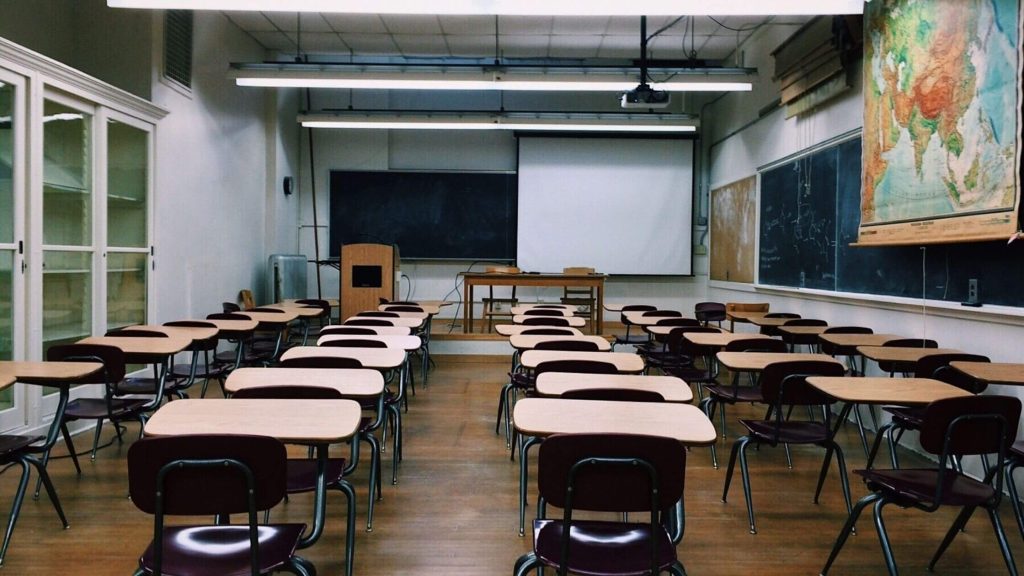Addressing a conference on education, taking place in Zagreb, Fuchs said that the ministry had launched a reform of the entire system – from pre-school education to higher education.
This includes changes designed to make pre-school education mandatory, introduce full-day classes in primary schools, and increase the number of children attending grammar schools.
In Croatia, he said, 30% of students enroll in grammar schools while the European average is 45%. A reform of vocational education is also underway and entirely new curricula are being defined for a set of vocational programmes, he said.
Higher education and science law one of key laws
Speaking of the amendments to the Higher Education and Science Act, the minister said that they had been fully supported by the college of rectors and presented to all universities except Zagreb University, having received very constructive suggestions and proposals of which some would be incorporated in the amendments.
Fuchs said that Croatia’s research and innovation results were significantly below the EU average, adding that Croatia was second to last in the EU in terms of the number of patents per capita, with only 4.8 registrations per million population, while the European average was 106.8.
Croatia is the third poorest-ranking EU member in terms of innovation success in 2020, he said, adding that this indicated that comprehensive measures should be undertaken to increase the capacity for innovation and cooperation between the research community and the industry sector.
Recalling that Croatia has an unfavourable ratio of financing and the average number of citations per paper, Fuchs said that this showed that investments in research were inefficient.
Number of students on decline, number of employees in higher education rising
Fuchs said that in the past five years the number of students in Croatia had dropped by 16,000 or 8%, while the number of employees in institutions of higher education had increased by 6%.
The minister recalled that the share of state funding for the system of science and higher education was based on those institutions’ results, saying that Croatia had committed to that under the National Recovery and Resilience Plan, and that if it did not meet that criterion, it would be left without HRK 7.5 billion.
He also noted that one of the changes envisaged by the amendments to the Science and Higher Education Act was the introduction of a single, six-year term for university rectors.









